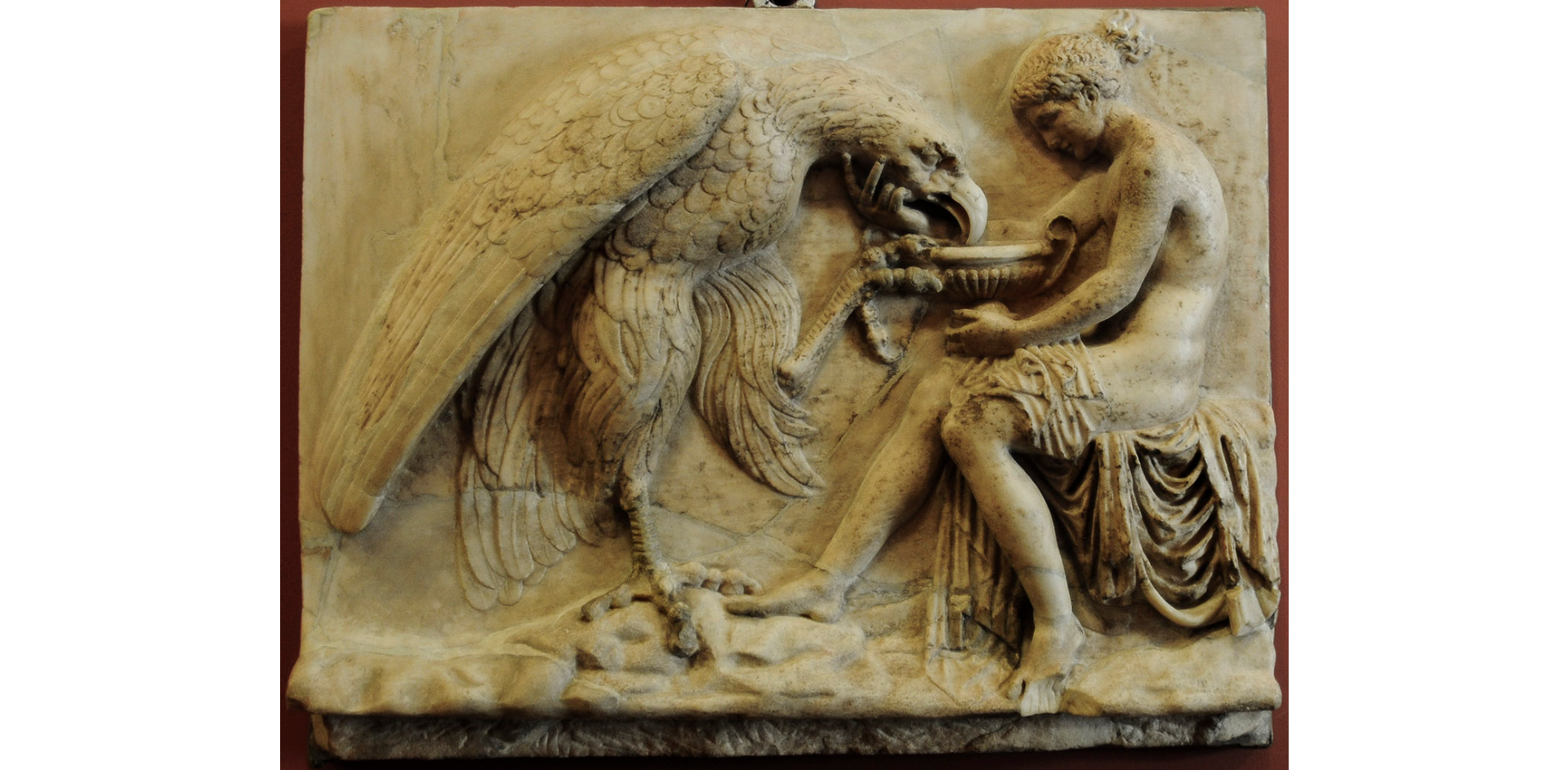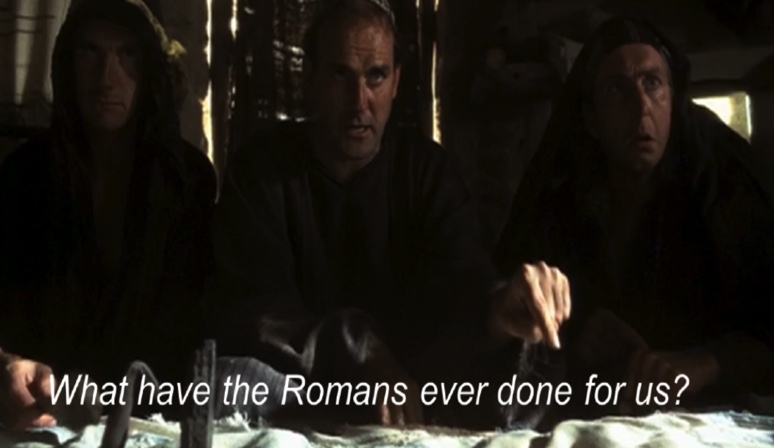Writing in Greek under Rome: Protagonists & Trends in Imperial Greek Literature

Module convenor: Dr Francesca Modini
Module value: 15 CAT (term 2)
Timetabled teaching: 2 hours of class per week (partly lecture, partly seminar)
Introduction
During the imperial period (first–fifth cent. CE) the panorama of Greek literature was as rich, and fascinating as ever. Declaimers, essayists and writers of fiction contributed to the development of new genres by ‘resurrecting’ and repurposing classical models for a new, Roman and imperial age. With their fondness (almost mania) for the literature and figures of classical Greece, imperial authors even helped shape the notion of ‘Classics’. Strikingly, they did so when Greece looked very different (politically and culturally) from classical Greece.
- What did it mean to reappropriate models from fifth-century BC democratic Athens when Greek freedom depended on Rome and Roman influences spread throughout a cosmopolitan empire?
- Did imperial writers build a classical fantasy to escape their Roman everyday? Or did classical traditions function as an effective and universal way to express Greek identity – even to convey dissent and resistance to Roman power?
-
Did a unified sense of being Greek even exist, or many different Greek (and non-Greek) identities coexisted, interacted and shaped each other in the global empire?
These are only some of the questions this module tackles. It will take you on a journey through the work of some of the most important imperial Greek writers, enriching and balancing what you may already know (or be studying) about the 'Latin side' of the empire. Exploring the cultural strategies of authors like Aelius Aristides or Pausanias, you will also be able to think more in depth about the meaning(s) of tradition and literature in ‘global’ cultural contexts or when political expression is limited – in antiquity as well as in more recent times.
Module Aims
This module explores forms and meanings of Greek literature under Rome. It will offer students the opportunity to unpack the relations between Greek literature, society and politics under Roman rule and beyond, to discover the long-lasting impact of imperial authors and genres, and to understand the evolution of debates around the period by engaging with selected secondary literature.
Learning Outcomes
By the end of the module, you should have:
- A good understanding of imperial Greek literature, its main forms and writers;
- A broad understanding of the interplay between literature, culture and power under Rome;
- A broad understanding of scholarly trends on imperial Greek literature;
- An ability to discuss imperial texts in literary terms and in their historical context;
- Critical skills in the analysis of classical scholarship.

